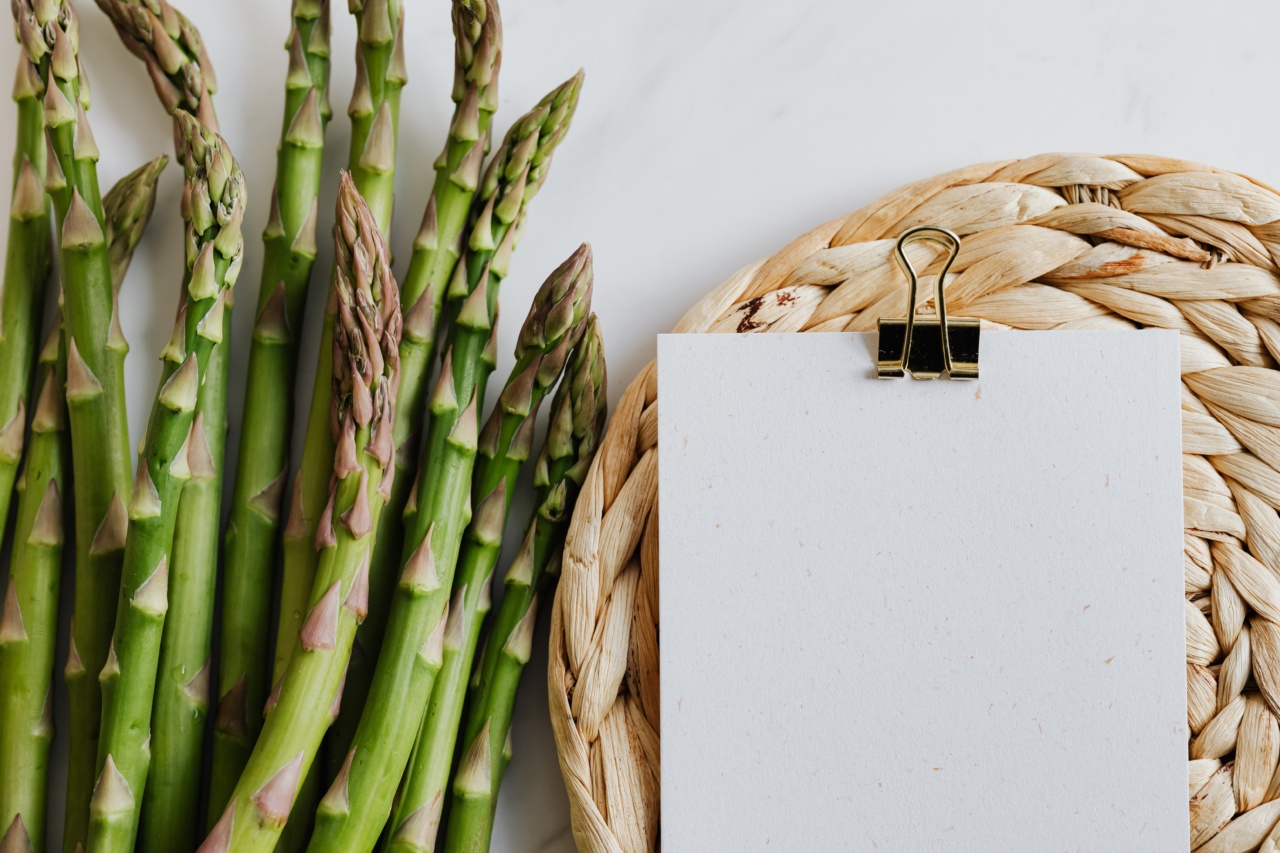Colon cancer, also known as colorectal cancer, is one of the most common types of cancer worldwide. It occurs when abnormal cell growth develops in the colon or rectum.
While there are various risk factors associated with this disease, including genetics and age, research has shown a strong link between diet and colon cancer risk. Making certain dietary choices can significantly reduce your chances of developing this potentially life-threatening condition. In this article, we will discuss the essential foods that can help lower your risk of colon cancer.
1. High-Fiber Foods
Fiber plays a vital role in keeping our digestive system healthy. It adds bulk to the stool, making it easier for waste to pass through the colon, thus reducing the exposure of the colon cells to harmful substances.
High-fiber foods also help regulate bowel movements and prevent constipation. Some excellent sources of fiber include whole grains, legumes, fruits, vegetables, and nuts.
2. Cruciferous Vegetables
Cruciferous vegetables, such as broccoli, Brussels sprouts, cauliflower, and cabbage, contain compounds known as glucosinolates. These compounds have been found to have anticancer properties and can help lower the risk of colon cancer.
Incorporate these vegetables into your diet to reap their numerous health benefits.
3. Berries
Berries, such as strawberries, blueberries, and raspberries, are packed with antioxidants and other beneficial compounds.
These antioxidants help protect the colon cells from damage caused by free radicals, which can contribute to the development of cancer. Including a variety of berries in your diet can provide a tasty and healthy way to reduce your risk of colon cancer.
4. Fatty Fish
Fatty fish, such as salmon, mackerel, and sardines, are excellent sources of omega-3 fatty acids. These fatty acids have anti-inflammatory properties and have been shown to inhibit the growth of colorectal cancer cells.
Including fatty fish in your diet can be a delicious way to support your colon health.
5. Garlic
Garlic is not only a flavorful addition to your meals but also a powerful ally in preventing colon cancer. It contains sulfur compounds that have been found to have anti-cancer properties.
Garlic can help reduce inflammation in the colon and protect against the development of cancerous cells.
6. Green Leafy Vegetables
Green leafy vegetables, such as spinach, kale, and Swiss chard, are rich in fiber, vitamins, and minerals. They also contain antioxidants that help combat oxidative stress and reduce inflammation in the body.
Including these vegetables in your diet can support overall colon health and lower the risk of colon cancer.
7. Turmeric
Turmeric, a bright yellow spice widely used in Indian cuisine, contains a compound called curcumin. Curcumin has been extensively studied for its anti-inflammatory and anticancer properties.
It has shown promise in inhibiting the growth of colon cancer cells and reducing the risk of colon cancer.
8. Legumes
Legumes, such as beans, lentils, and chickpeas, are rich in fiber and plant-based proteins. They also contain various nutrients that promote gut health and reduce the risk of colon cancer.
Adding legumes to your diet can provide a sustainable source of energy while keeping your colon healthy.
9. Whole Grains
Whole grains, including brown rice, quinoa, and whole wheat, are packed with fiber, vitamins, and minerals. They are healthier alternatives to refined grains and can help regulate bowel movements, reduce inflammation, and lower the risk of colon cancer.
Choose whole grain options whenever possible to support your colon health.
10. Green Tea
Green tea is rich in antioxidants, especially a type known as catechins, which possess potent anticancer properties. Research suggests that drinking green tea regularly can help reduce the risk of colon cancer development.
Enjoy a cup of green tea daily to support your overall health and protect your colon.
In conclusion, your diet plays a significant role in determining your risk of developing colon cancer. By incorporating these essential foods into your meals, you can actively reduce your chances of developing this type of cancer.
Remember to combine a healthy diet with regular exercise, a tobacco-free lifestyle, and regular screenings to further lower your risk. Embrace these dietary choices today for a healthier colon and a reduced risk of colon cancer.





























